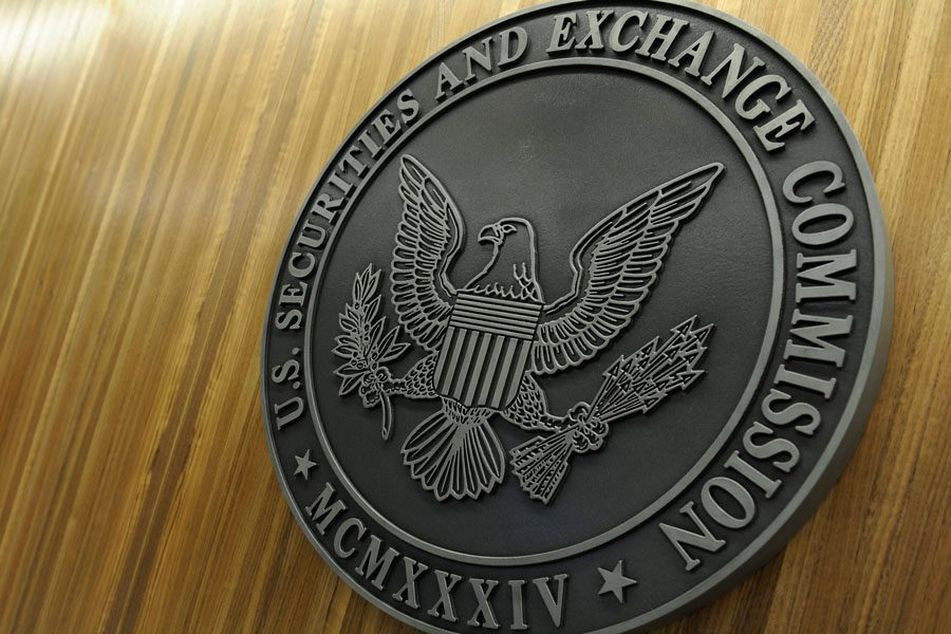SEC plans to curb bullish SPAC forecasts and add more disclosures

Blank-check companies would be required to disclose more information about their sponsors and potential conflicts of interest under the agency's new plan.
Blank-check companies would be required to disclose more information about their sponsors and potential conflicts of interest under a new plan from the Securities and Exchange Commission, the latest effort by regulators to rein in the once red-hot market.
The agency proposed a raft of new rules on Wednesday that includes curbing legal protections keeping special purpose acquisition companies from being sued by investors over embellished projections about the firms they take public, according to a statement from the watchdog. The changes are aimed at applying the same protections to SPACs that investors are accustomed to from traditional initial public offerings.
SEC Chair Gary Gensler has repeatedly raised concerns about blank-check firms, which list on public stock exchanges to raise money so they can buy other companies. While SPACs were once one of the hottest markets on Wall Street, the new rules come as deals are increasingly falling out of favor.
“Investors deserve the protections they receive from traditional IPOs, with respect to information asymmetries, fraud, and conflicts, and when it comes to disclosure, marketing practices, gatekeepers, and issuers,” Gensler, who voted in favor of proposing the plan along with the agency’s other two Democrats, said in a statement.
Hester Peirce, the SEC’s only Republican commissioner, opposed the rule and said that the proposal “seems designed to stop SPACs in their tracks.” Specifically, she said removing the safe harbor from private litigation represented a “regulatory slight of hand.”
The regulations would require firms to reveal information about their sponsors, the effects of stock dilution and companies they are targeting for mergers. The SEC wants to also limit SPAC’s so-called safe harbor from legal liability in making projections.
The agency will now take public comment on the plan for as long as 60 days, before making changes and holding a second vote to finalize the rules.
Learn more about reprints and licensing for this article.








